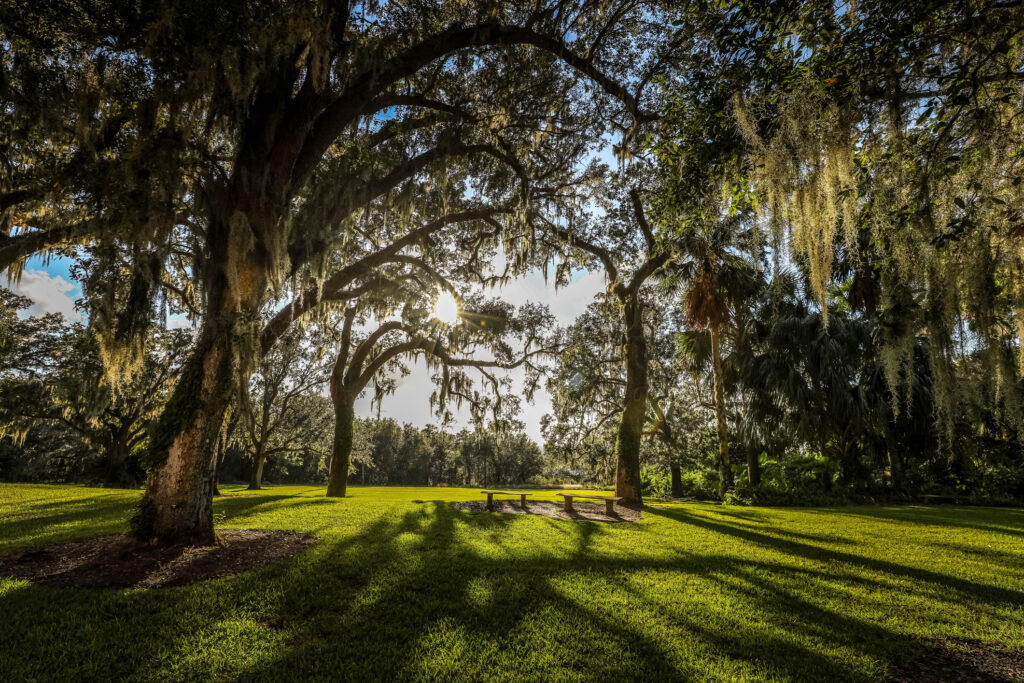The story of women’s suffrage explains ‘where we are right now’

It’s always interesting looking back at why something that is largely accepted in today’s society was not decades or centuries ago. I learned that one of the reasons opponents of women’s suffrage advocated against giving women the right to vote was because they said it would raise taxes. Why? Because they’d have to pay for more pencils for people to vote with.
Now, that notion is a little laughable.
Elaine Weiss, author of “The Woman’s Hour,” informed an audience at Iowa State University about this and more during her keynote at the 19th Amendment Centennial Commemoration Statewide Kickoff. The fight for women’s suffrage is one of the defining civil rights struggles in our nation’s history, she said.
“It didn’t just double the national electorate; it didn’t just make women citizens for the very first time. It marked a societal change, a cultural shift, about the role and the rights of women. And that change, as we know, is still ongoing,” Weiss said.
Yet, as Weiss points out, women’s suffrage is often covered in just a few sentences in history books. “It usually goes something like: ‘In 1848, American women had a meeting at Seneca Falls, and in 1920 they were given the vote,’ ” she said with a laugh. The descriptions often completely negate that it required “three generations of fearless activists, working over seven decades, to finally win the vote for American women.”
It’s part of the reason Weiss wrote her book. The small details and the stories of those in the movement are what really needs to be understood. If we don’t know how we got here, how do we really know where we are or where we need to go next?
“It helps explain where we’ve been, but also where we are right now. [The story of women’s suffrage] deals with topics that are in our headlines today — voting rights and voter suppression, women’s rights, inequality, dark money and politics, the role of religion and public policy and racism.”
Iowa PBS also premiered its documentary “Carrie Chapman Catt: Warrior for Women” at the event. Catt, an Iowa State alumna, devoted most of her life to the expansion of women’s rights nationwide and around the world, and is recognized as one of the key leaders of the American women’s suffrage movement.









